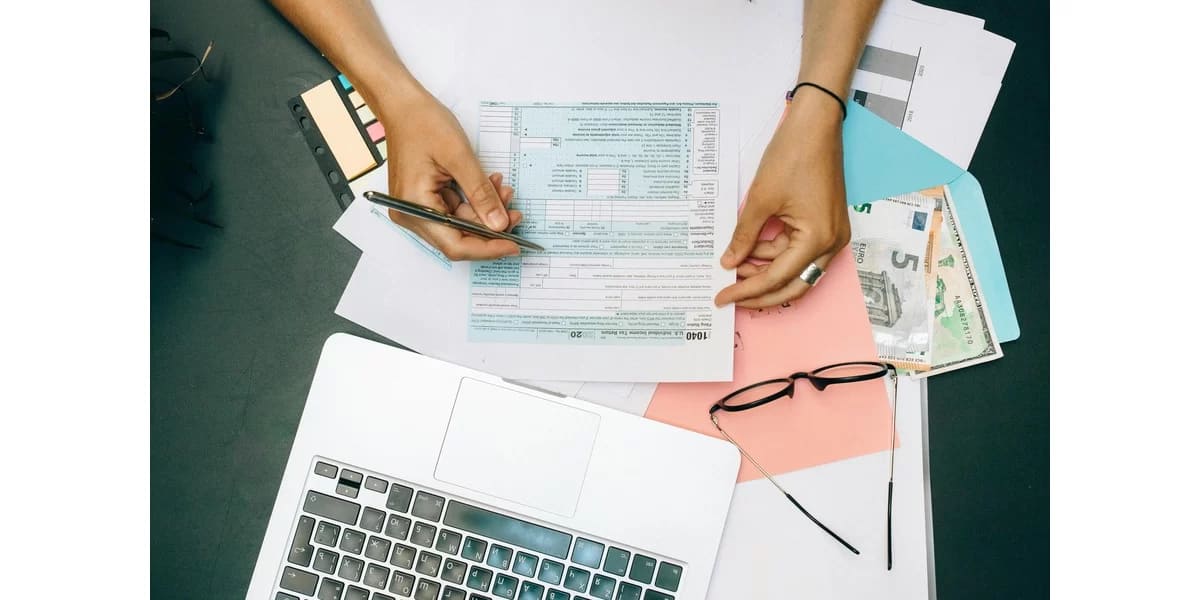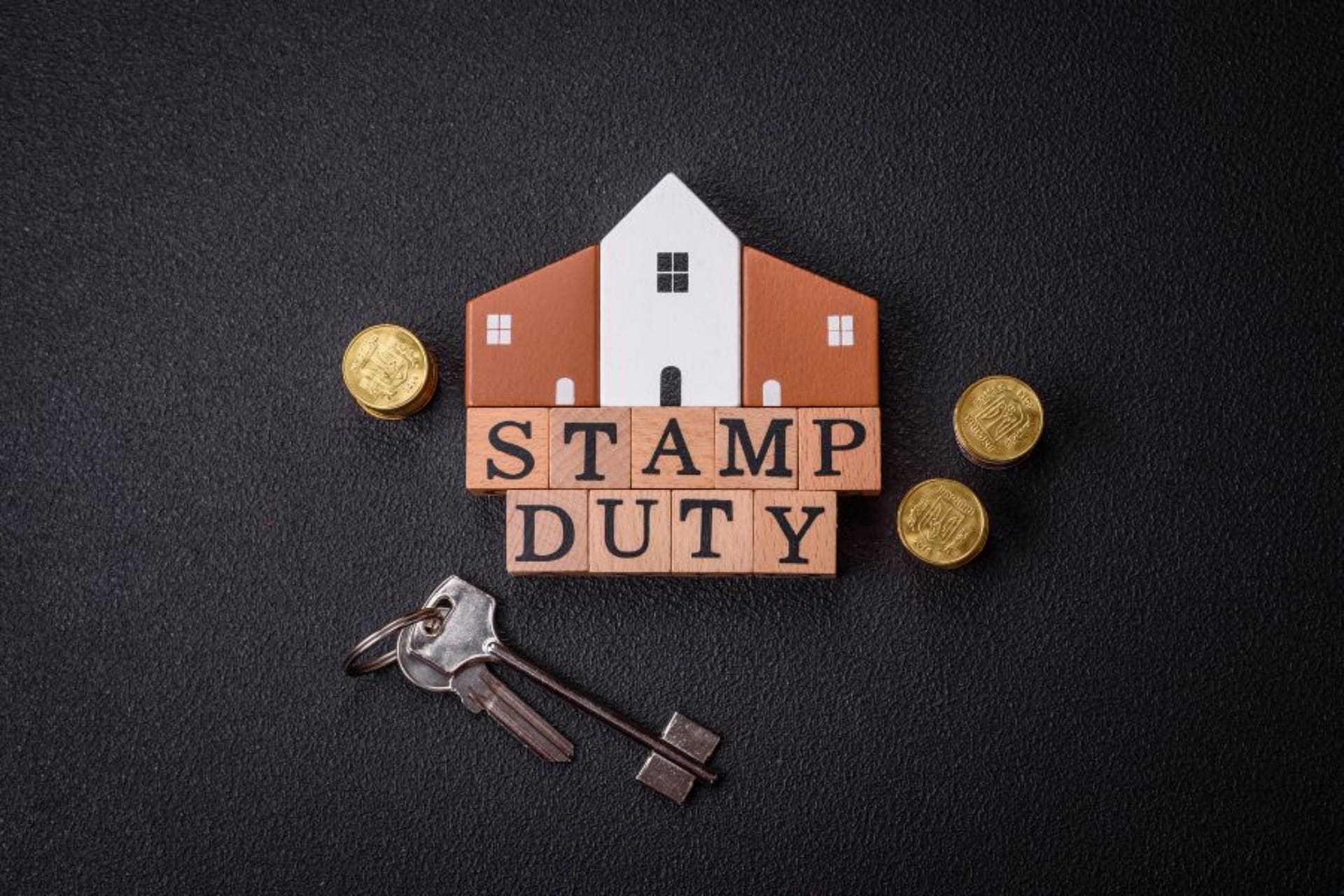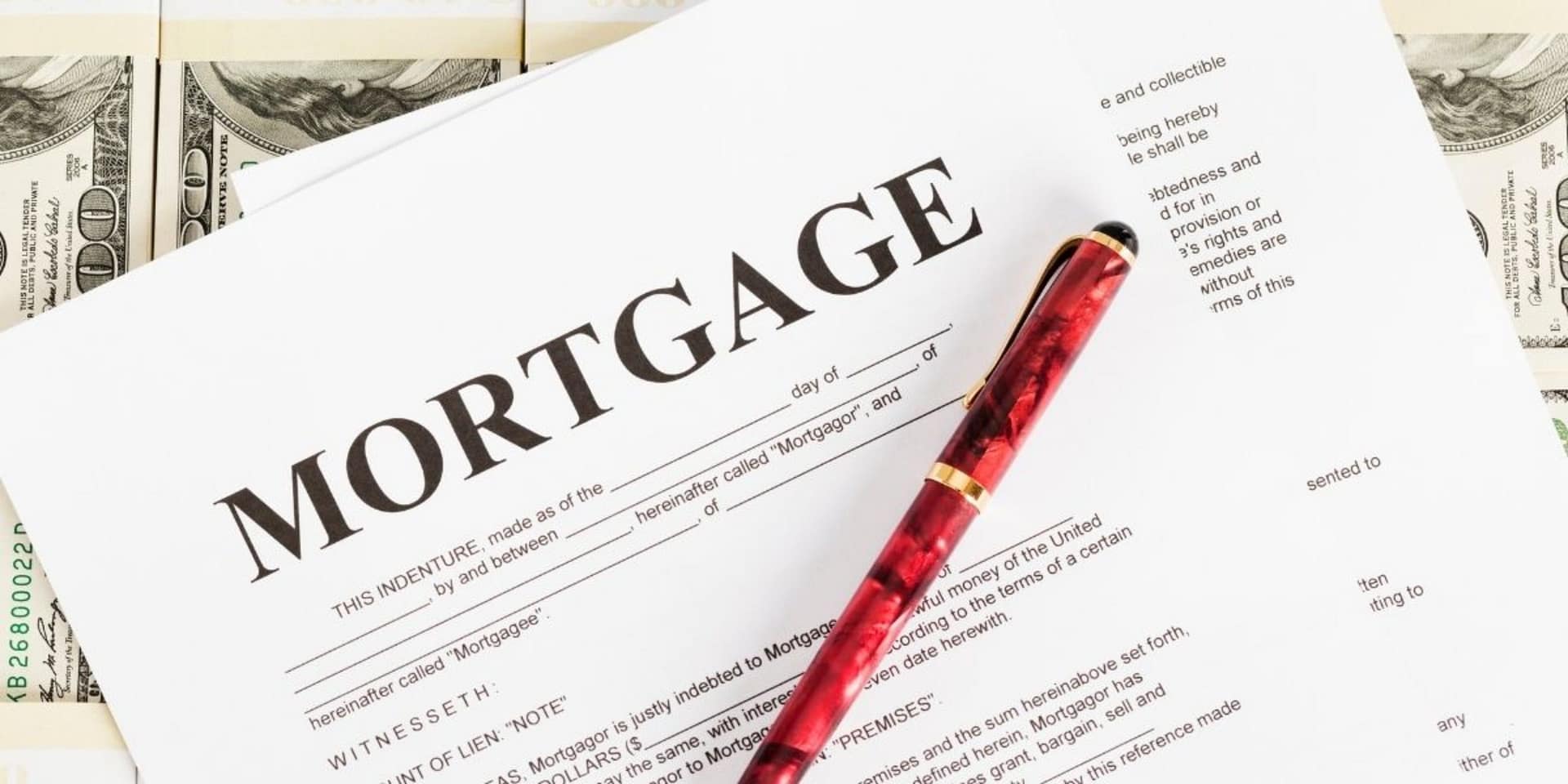Understanding the Goods and Services Tax (GST) is essential when buying or selling commercial property in Australia. GST often applies to these transactions, but it’s not always straightforward.
Whether GST is payable, who is responsible for it, and how it is handled depends on several factors, including the type of property, the parties involved, and the specific terms of the sale.
Generally, GST is payable by the buyer as part of the purchase price, but the seller is responsible for collecting and remitting it to the Australian Taxation Office (ATO).
Is GST Always Payable on the Sale of Commercial Property?
GST is a tax that applies to many goods, services, and transactions in Australia, but does it always apply to the sale of commercial property? The short answer is no—there are situations where GST may not be payable.
When GST Does Apply
In most cases, GST is payable when a commercial property is sold as part of a business transaction. This means that the seller is responsible for adding 10% GST to the sale price, which is then paid by the buyer.
For example:
If you are selling a retail shop, office space, or industrial warehouse, GST will typically apply.
This is because these properties are considered taxable supplies under Australian GST law.
GST Exemptions
There are some exceptions where GST does not apply to the sale of commercial property:
The Going Concern Exemption
If the property is sold as part of an ongoing business (e.g., a leased property with existing tenants and income), the sale may qualify for the “going concern” exemption. Both parties must agree in writing that the sale is of a going concern, and certain conditions must be met.
The Margin Scheme
The margin scheme allows the seller to calculate GST on the difference between the purchase price and the sale price, rather than the full sale price. This can significantly reduce the GST payable, but requires the buyer’s agreement.
By understanding these exemptions, you can determine whether GST applies to your property transaction.
Also Read: What is GST on Property Sale in Australia?
Who Is Responsible for Paying GST in a Commercial Property Sale?
A common question is whether the buyer or seller is responsible for paying GST. The answer depends on how the sale contract is structured.
Seller’s Role
In most cases, the seller is responsible for including GST in the sale price. This means the seller must:
- Determine whether GST applies to the transaction.
- Add 10% GST to the agreed sale price (if applicable).
- Pay this GST to the Australian Taxation Office (ATO) as part of their Business Activity Statement (BAS).
For example, if a property sells for $1,000,000, the seller must add $100,000 (10% GST), making the total price $1,100,000.
Buyer’s Role
While the seller includes GST in the sale price, the buyer is the one who pays it at settlement. However, buyers registered for GST may be able to claim this amount as a GST credit when lodging their BAS. This is why GST registration is crucial for buyers involved in business activities.
Contract Terms Matter
Sale contracts should clearly specify whether the price includes GST or if GST is to be added. These terms are often written as “GST-inclusive” or “GST-exclusive.” Buyers and sellers should carefully review these terms to avoid misunderstandings.
How Does GST Registration Affect the Transaction?
GST registration plays a key role in determining how the sale of commercial property is handled.
GST Registration for Sellers
If you are selling commercial property as part of a business, you must be registered for GST. This is mandatory if your business turnover exceeds $75,000 annually. GST registration allows you to:
- Charge GST on taxable sales, including property transactions.
- Claim GST credits for related expenses, such as legal and accounting fees.
If you are not registered for GST, you cannot include GST in the sale price.
GST Registration for Buyers
For buyers, GST registration determines whether they can claim the GST paid on the property as a credit. To claim this credit:
- The buyer must be registered for GST.
- The property must be used in carrying on a business or enterprise (e.g., renting it out or using it as a workplace).
If the buyer is not registered for GST, they cannot claim back the GST paid and must absorb the cost.
How Is GST Reported and Paid After Settlement?
After the sale is completed, the seller has certain obligations to ensure GST is reported and paid correctly.
Seller’s Obligations
Report the Sale on Your BAS (Business Activity Statement)
Sellers must include the sale details in their Business Activity Statement for the period in which the transaction occurred. The GST collected from the buyer must be paid to the ATO.
Keep Accurate Records
Sellers should retain documents related to the sale, including the sale contract, tax invoices, and settlement statements. These records are essential for compliance and potential audits.
Apply the Margin Scheme (if applicable)
If the margin scheme was used, sellers must calculate GST based on the scheme rules and report it accordingly.
Buyer’s Obligations
Claim GST Credits (if eligible)
Buyers who are registered for GST and use the property for business purposes can claim GST credits in their BAS for the period in which the settlement occurred.
Understand Withholding Rules
In some cases, buyers may be required to withhold a portion of the purchase price to pay directly to the ATO. This is common for new residential premises or potential residential land but less likely for commercial properties.
Every Detail Matters in Property Transactions
GST on the sale of commercial property can be complex, but understanding the basics can help both buyers and sellers manage their responsibilities effectively. Consulting with an experienced conveyancer or legal professional ensures compliance and minimises costly errors.
Ready to Make Your Next Commercial Property Transaction Seamless?
At CJC Law, we specialise in providing expert guidance on property transactions, including GST matters. Whether you’re a buyer or seller, our team ensures every step of your transaction is handled with precision and care. Contact CJC Law today to discuss your conveyancing needs. Your peace of mind is just a call away!




